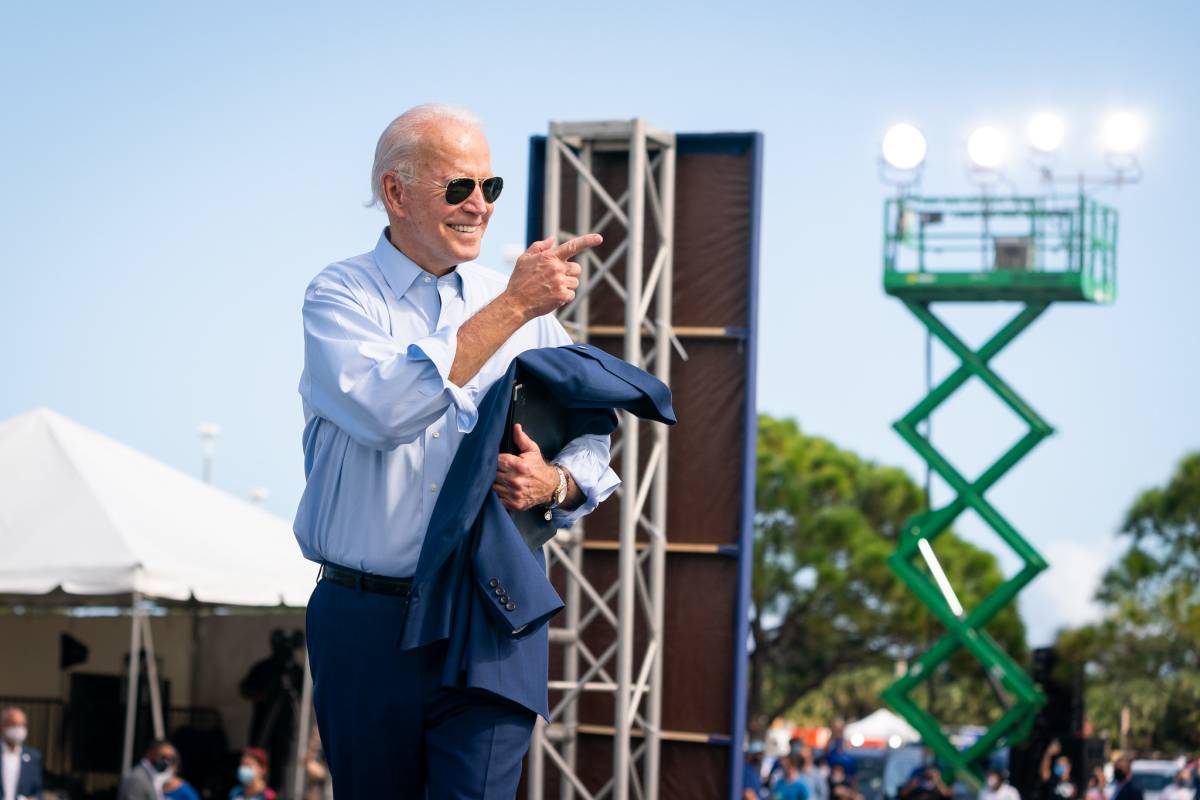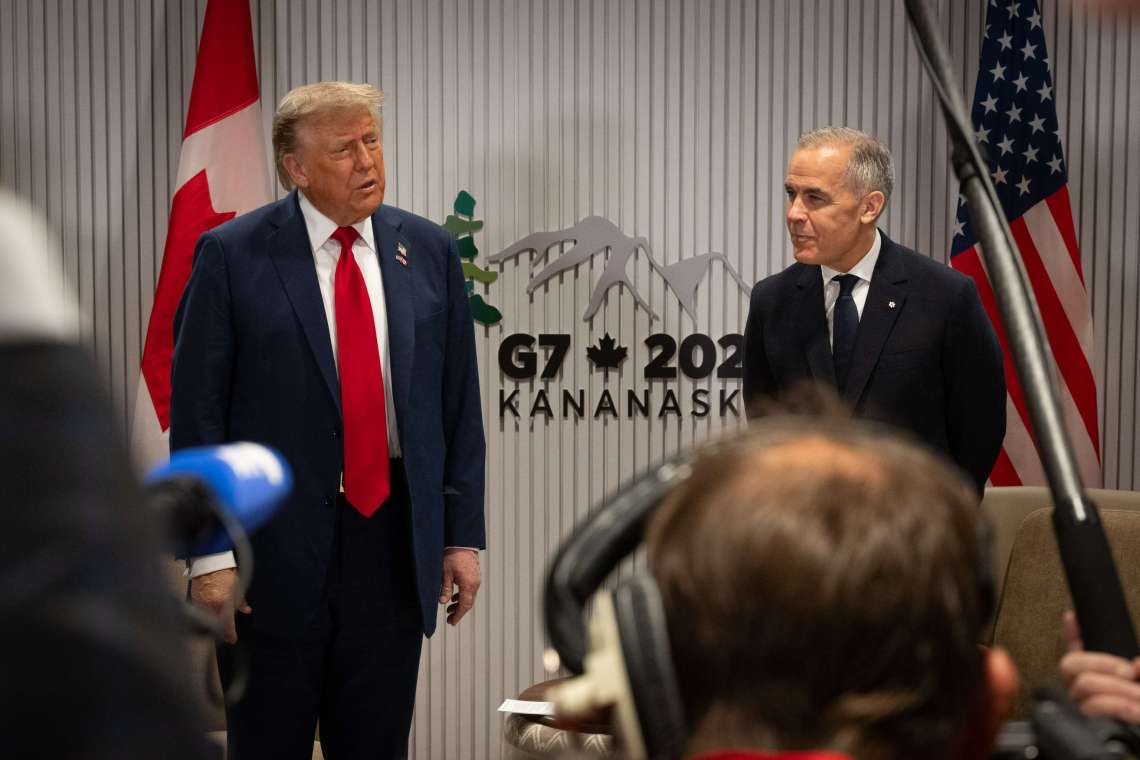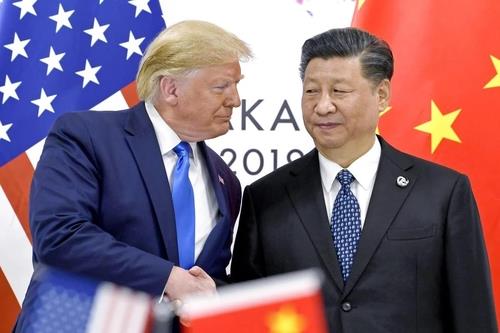While Washington is required by law to provide Taiwan with the means to defend itself, it has long followed a policy of “strategic ambiguity” on whether it would intervene militarily to protect Taiwan in the event of a Chinese attack….reports Asian Lite News
President Joe Biden said on Monday he would be willing to use force to defend Taiwan, rallying support on his first trip to Asia since taking office for US opposition to China’s growing assertiveness across the region.
Biden’s comments appeared to be a departure from existing US policy of so-called strategic ambiguity on its position on the self-governed island that China considers its territory and says is the most sensitive and important issue in its ties with the United States.
When asked by a reporter in Tokyo if the United States would defend Taiwan if it were attacked by China, the president answered: “Yes.”
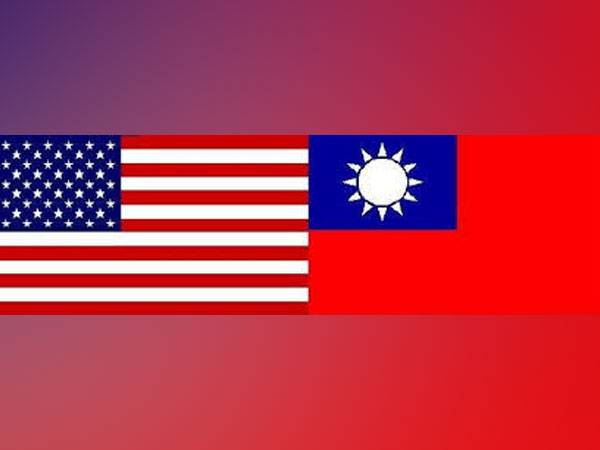
“That’s the commitment we made … We agree with a one-China policy. We’ve signed on to it and all the intended agreements made from there. But the idea that, that it can be taken by force, just taken by force, is just not, is just not appropriate.”
He added that it was his expectation that such an event would not happen or be attempted.
While Washington is required by law to provide Taiwan with the means to defend itself, it has long followed a policy of “strategic ambiguity” on whether it would intervene militarily to protect Taiwan in the event of a Chinese attack.
Biden made a similar comment about defending Taiwan in October. At that time, a White House spokesperson said Biden was not announcing any change in US policy.
The comments about Taiwan are likely to overshadow the centerpiece of Biden’s visit, the launch of an Indo-Pacific Economic Framework, a broad plan providing an economic pillar for US engagement with Asia.
His visit also includes meetings with the leaders of Japan, India and Australia, in the “Quad” group of countries.
Worries about China’s growing might and the possibility that it could invade Taiwan have emboldened Japanese Prime Minister Fumio Kishida and his ruling Liberal Democratic Party on defense, eroding some of the traditional wariness among many Japanese about taking a more robust defense posture.
Kishida said that he told Biden that Japan would consider various options to boost its defense capabilities, including the ability to retaliate, signalling a potential shift in Japan’s defense policy.
“A strong Japan, and a strong US-Japan alliance, is a force for good in the region,” Biden said in a news conference following their discussions.
Kishida said that he had gained support from Biden on Japan’s becoming a permanent member of the UN Security Council amid growing calls for reform of the council. China and Russia are permanent members.
“President Biden expressed the necessity of reforming and strengthening the United Nations, including the Security Council, which bears a major responsibility for the peace and security of the international community,” Kishida said.
“President Biden expressed his support for Japan to become a permanent member of the reformed Security Council.”
Worries are growing in Asia about an increasingly assertive China, particularly in light of its close ties to Russia, and tension has risen over self-ruled Taiwan, which China considers a renegade province.
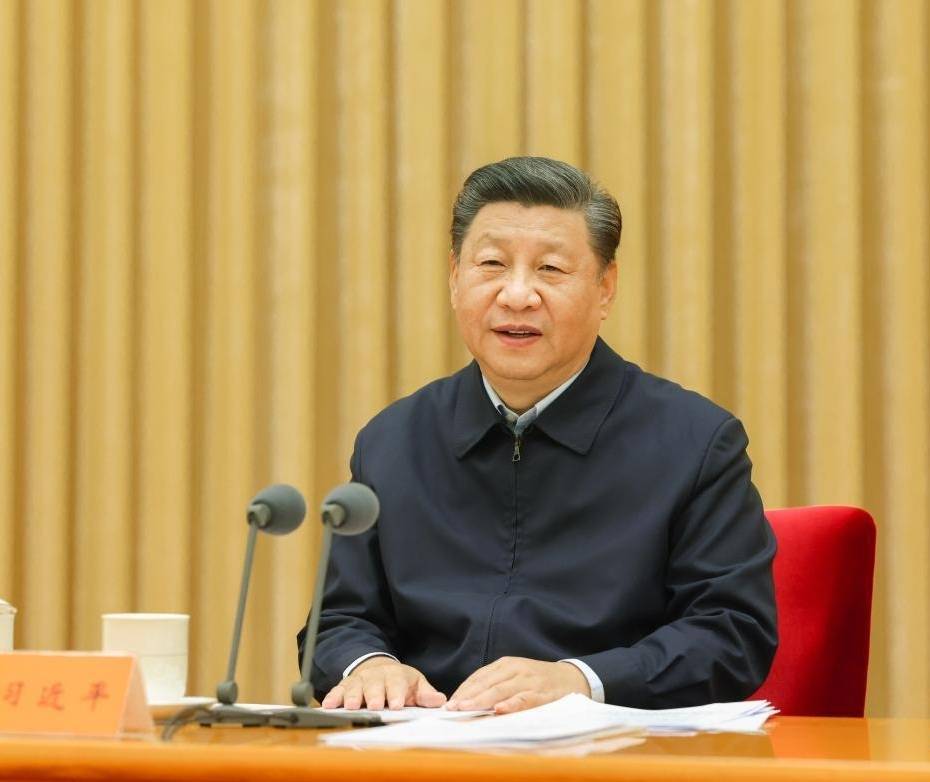
China hits back
Beijing on Monday said it was ready to defend its national interests over Taiwan, in a rebuke to US President Joe Biden’s vow to protect the island from any invasion by China.
China’s Communist Party has never controlled self-ruled Taiwan but it views the island as part of its territory and has vowed to one day seize it, by force if needed.
Biden, who is in Tokyo to meet regional allies, earlier on Monday warned that China’s increasingly assertive stance over the island was “flirting with danger” and promised to defend Taiwan from any military action by its giant neighbour.
The comments were met with defiance in Beijing, with foreign ministry spokesman Wang Wenbin telling reporters that “Taiwan is an inalienable part of China’s territory”.
“The Taiwan issue is a purely internal affair for China,” he said. “On issues touching on China’s core interests of sovereignty and territorial integrity, China has no room for compromise or concession.”
Biden made a connection between the response of Western nations to Russia’s assault on Ukraine and Beijing’s perception of the risks of military action against Taiwan.
Wang said China would always defend its interests with the force of its 1.4 billion population.
“No one should underestimate the firm resolve, staunch will and strong ability of the Chinese people in defending national sovereignty and territorial integrity,” he added.


